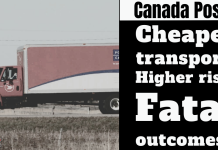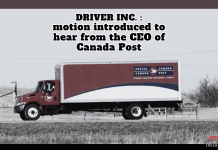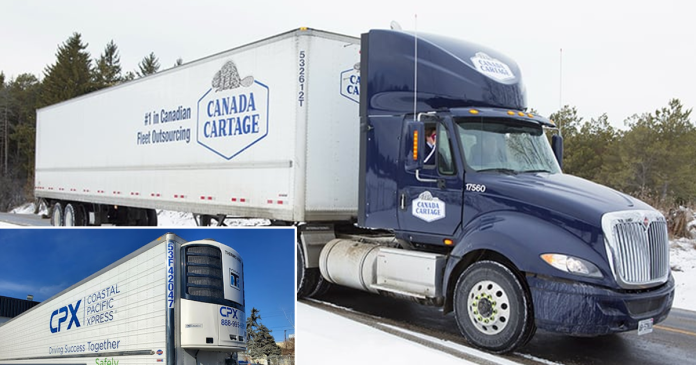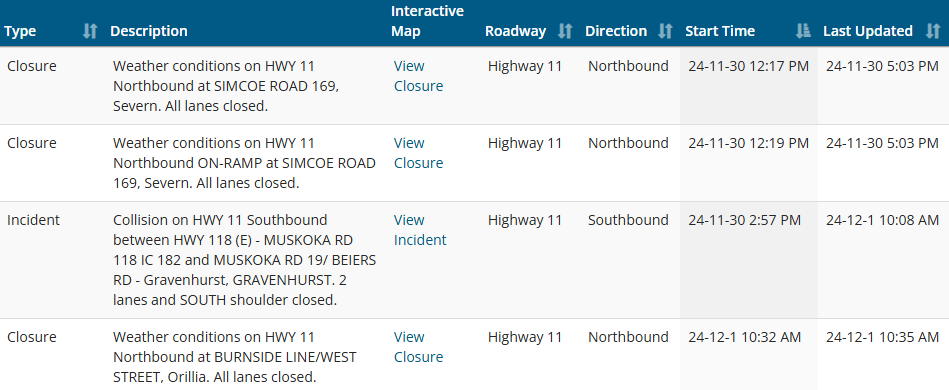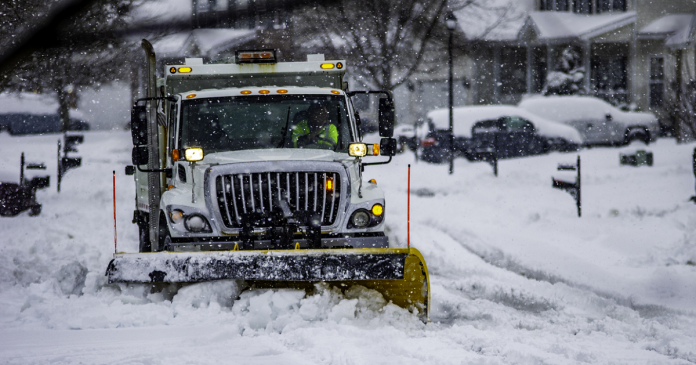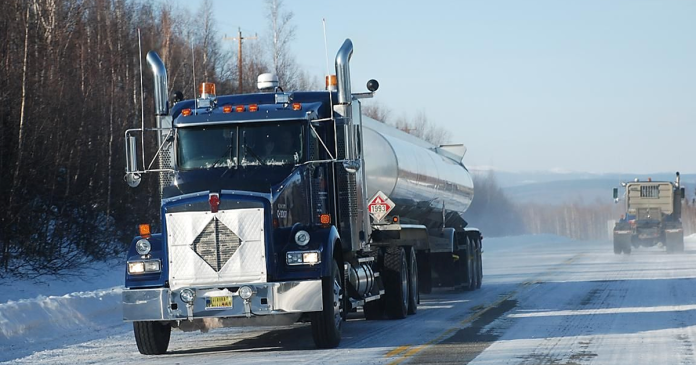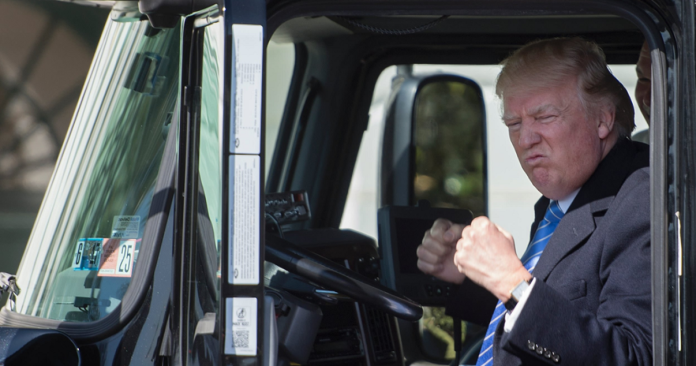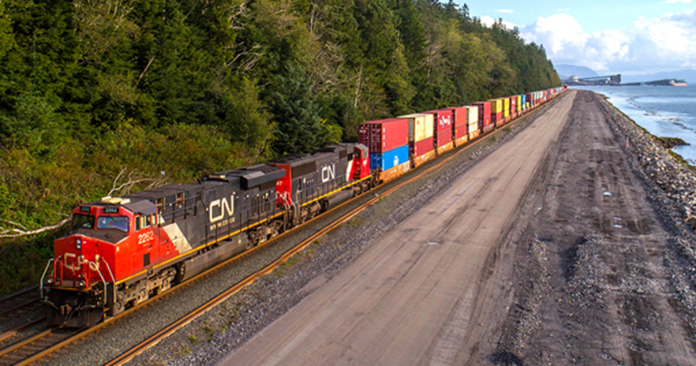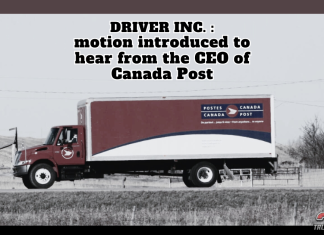In honor of Giving Tuesday, Pilot, the largest travel center network in the United States, has taken a meaningful step to support the trucking industry and military families.
The company announced a $50,000 donation to Folds of Honor, a nonprofit dedicated to providing educational scholarships to the spouses and children of military members and first responders who have fallen or been disabled in service.
This funding will directly contribute to scholarships for individuals pursuing their commercial driver’s license (CDL), aiming to cultivate the next generation of professional truck drivers.
Pilot’s donation reflects its deep appreciation for both the trucking community and the sacrifices made by military families. Wendy Hamilton, Chief of Staff, shared her gratitude:
“Giving back to the families of those who have made the ultimate sacrifice for our country and the communities we serve, especially through education, is a small way to show our gratitude and support their future. We look forward to seeing more truck drivers out here and are thankful for the work done through Folds of Honor and their scholarship programs.”
Folds of Honor, established in 2007, has a remarkable history of making an educational difference. The organization has awarded over 62,000 scholarships across all 50 states, totaling approximately $290 million. This partnership with one of the biggest travel center further strengthens their mission to honor the legacies of fallen and disabled service members and first responders by empowering their families through education.
Lt. Col. Dan Rooney, founder and CEO of Folds of Honor, expressed his appreciation for this contribution.
“This contribution will enable us to heighten our impact and further our mission to honor the sacrifice of America’s service members and first responders and educate their legacy. Pilot, its team members and the individuals it serves are true patriots that understand the importance of education and are doing something about it.”
The CDL scholarships funded by this donation will serve as a bridge to career opportunities in the trucking industry, a vital sector of the U.S. economy. By supporting aspiring truck drivers from military families, Pilot is addressing the growing need for skilled drivers while simultaneously giving back to communities that have made profound sacrifices.
This initiative underscores the company’s dedication to fostering both the future of transportation and the well-being of American families.



